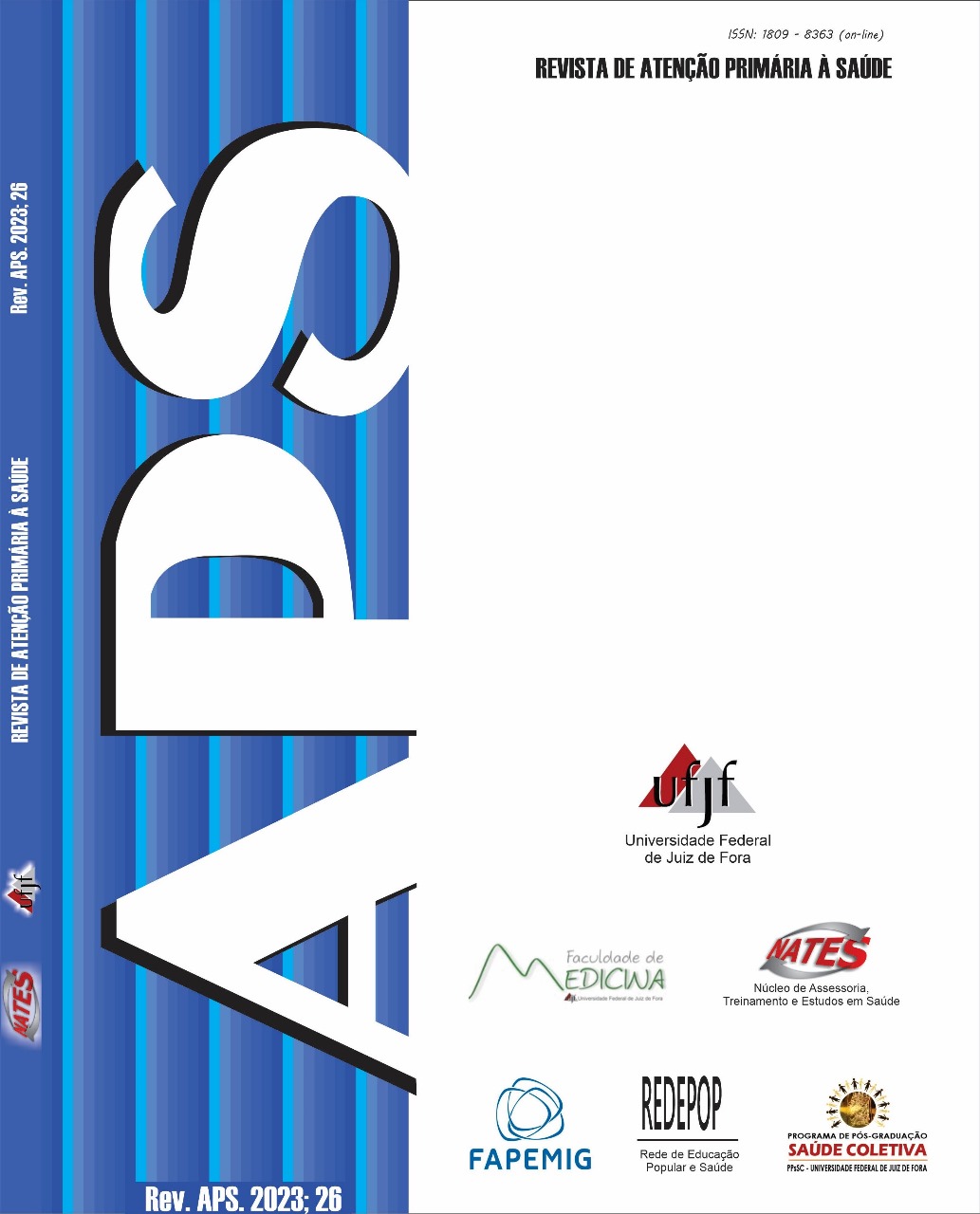Factors that hinder the diagnosis of leprosy in the perspectives of health professionals of the family health strategy in basic health units in Imperatriz - MA
DOI:
https://doi.org/10.34019/1809-8363.2023.v26.41156Keywords:
Leprosy, Early Diagnosis, Delayed DiagnosisAbstract
Leprosy is a chronic disease caused by Mycobacterium leprae, resulting in dermatoneurological symptoms. The diagnosis is clinical, but its identification is hindered by the clinical similarity to other skin pathologies, preventing early diagnosis and promoting the occurrence of physical disabilities. Therefore, it is essential to know the reasons for this delay from the perspective of primary healthcare professionals. Thus, this study aims to evaluate the perception of family health strategy (FHS) professionals about the difficulties in diagnosing leprosy in the municipality of Imperatriz-MA. This research is a study of applied nature, qualitative approach and with an exploratory character, carried out with the FHS team in Basic Health Units (UBS, in portuguese) from Imperatriz-MA. For data collection, a semi-structured interview prepared by the authors was applied, divided into three sections. In the “knowledge about the disease” section, the median level was the most prevalent in the participants' statements. In the section “diagnosis difficulties”, what was more evident in the answers were “low adherence”, “stigma/prejudice”, and “resistance”. Consequently, the interviewees suggested measures that should be implemented in daily practice, both in a social and professional environment, aiming at a faster diagnosis, improving the quality of life of patients and favoring disease control.











